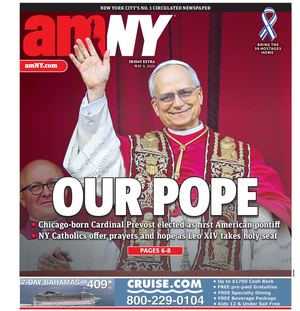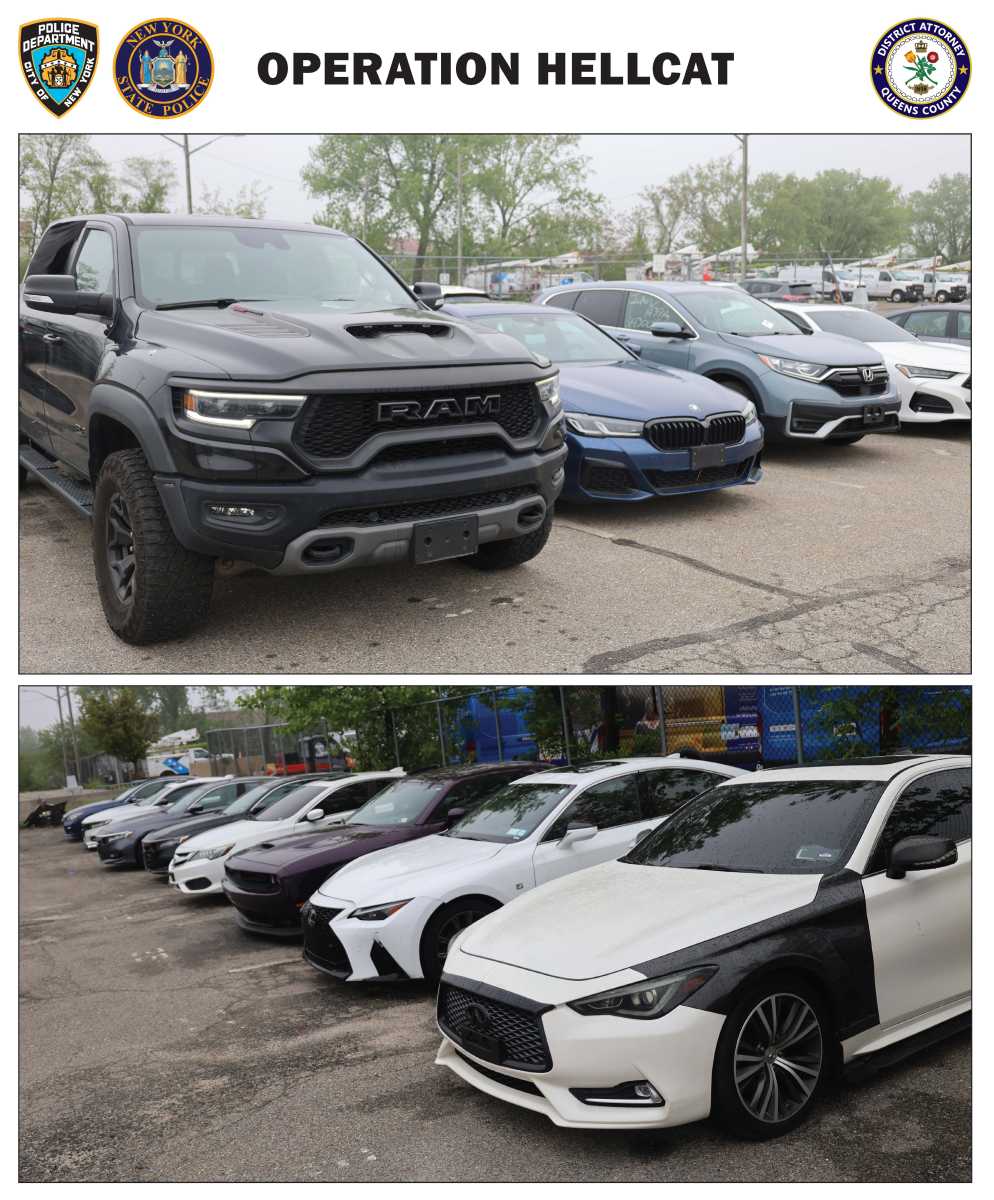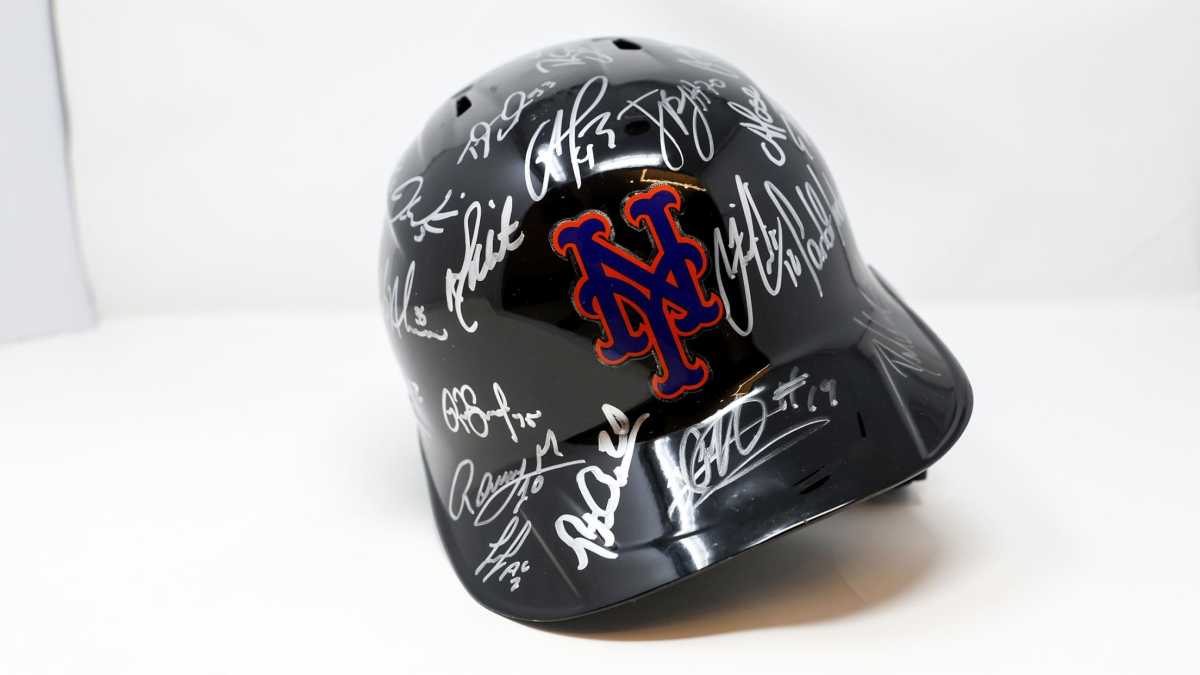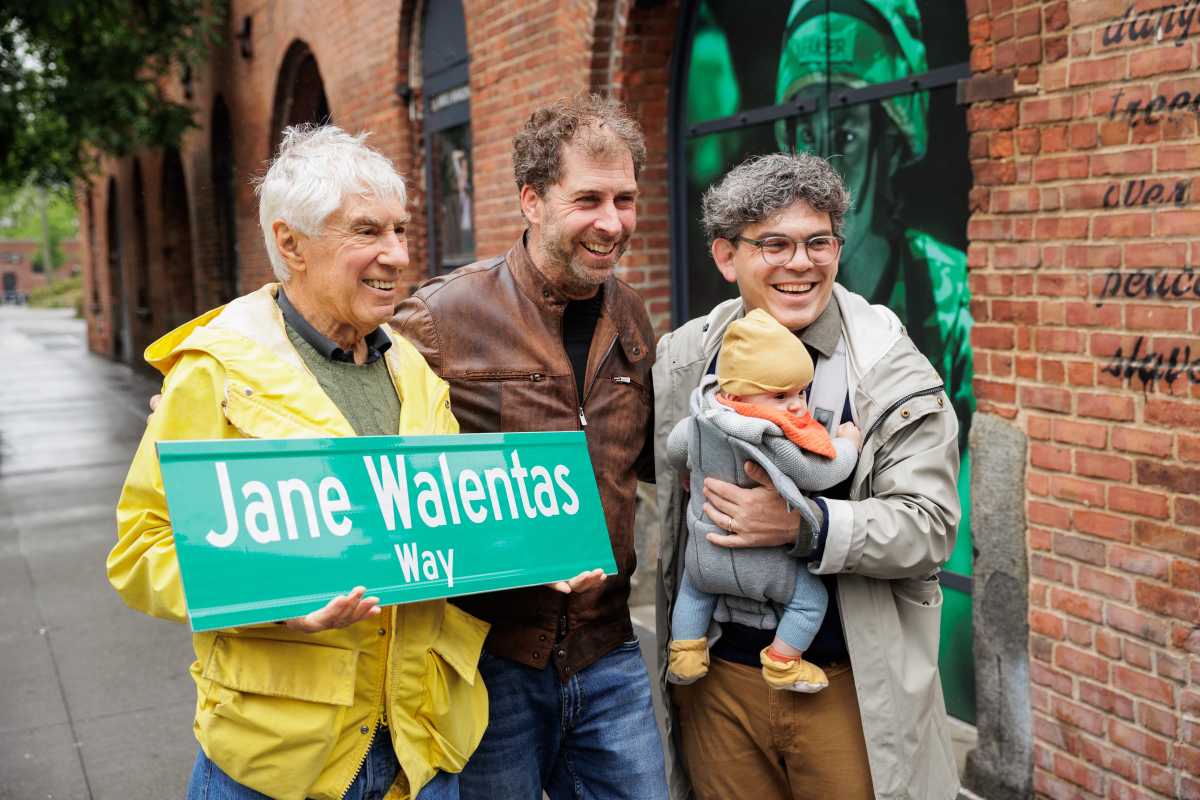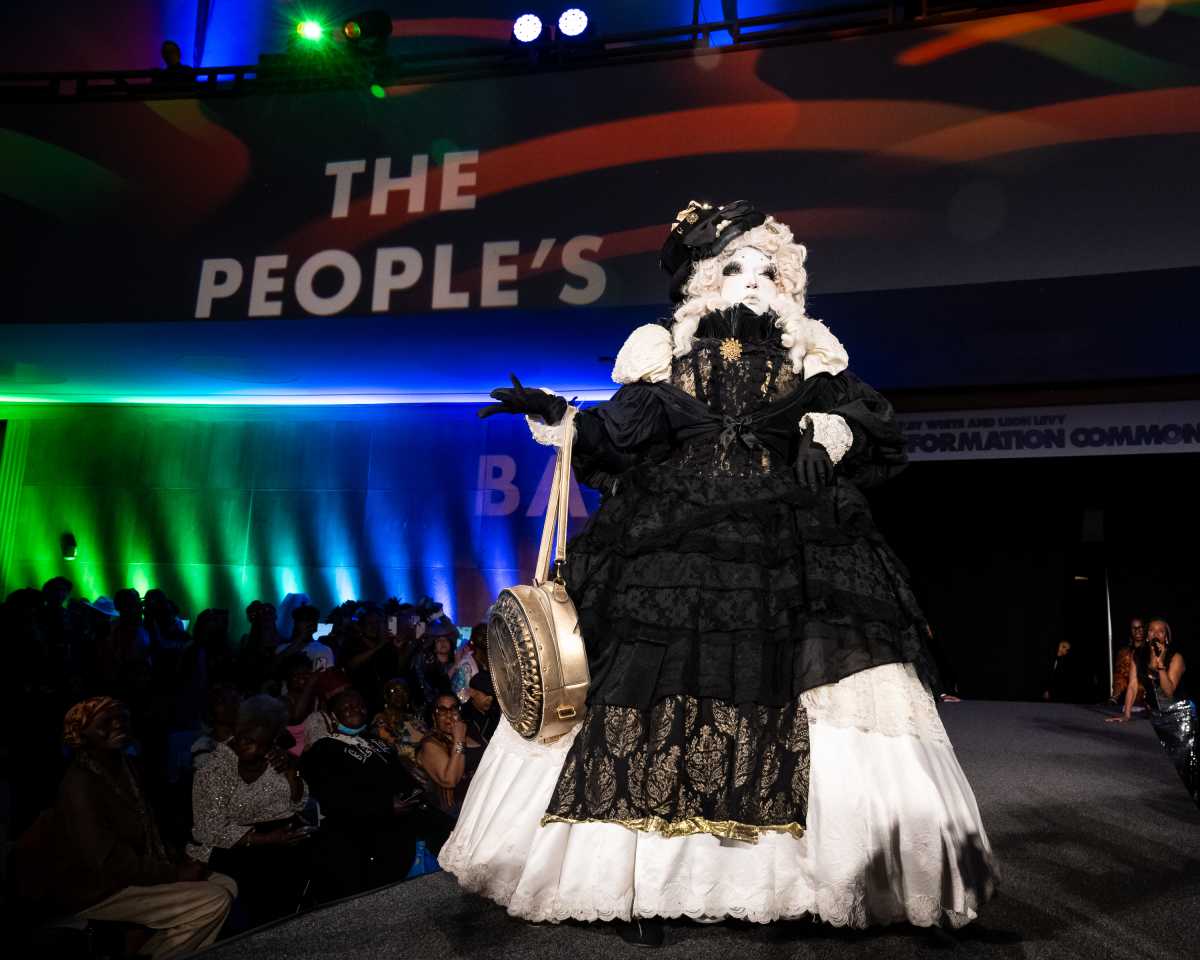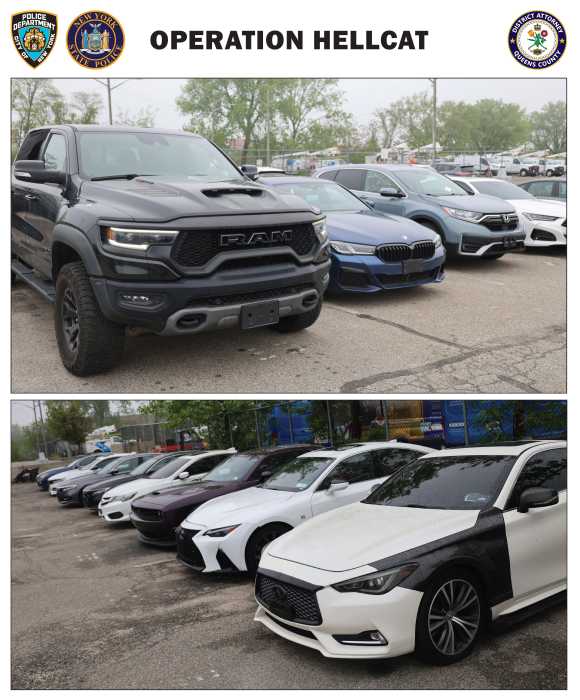By Julie Shapiro
City Councilmember Alan Gerson can’t reverse the effects of 9/11 on Downtown children’s health, but he’s trying to help them breathe a little easier.
In new legislation announced last week, Gerson unveiled a five-prong attack on diesel fumes, a lung irritant and carcinogen that can worsen the symptoms of children who developed respiratory problems after 9/11.
“Unfortunately, we cannot undo past exposures,” Gerson said. “But we can prevent new exposures, and over time we can begin to compensate.”
Gerson’s proposal came right after the Health Department announced that children who were in Lower Manhattan on 9/11 were more likely to develop asthma. The survey of 3,100 children enrolled in the World Trade Center Heath Registry showed that 6 percent received an asthma diagnosis after 9/11. Those children who were caught in the dust cloud on 9/11 were twice as likely to be diagnosed with asthma as those who were not in the dust cloud.
“This legislation would be good policy with or without the [Health Department] report,” Gerson said. “But it’s imperative policy when you’re talking about a susceptible population.”
Diesel fumes are like mold or secondhand smoke: bad for everyone, but especially toxic for people with asthma, Gerson said. His legislation would require construction site vehicles and machinery to use Ultra Low Sulfur Diesel fuel, a less toxic version of standard diesel fuel. Many agencies and developers doing large construction projects in Lower Manhattan are already using the low sulfur vehicles under a voluntary agreement.
The requirement would apply to all construction sites, an extension of Local Law 77; the Staten Island Ferry and all private ferries; portable generators used in outdoor movie shoots; and all buses, including those that travel long-distance. A final bill would require air monitoring at street level, especially near parks, playgrounds and other places with high asthma rates.
“It’s nice to hear something positive, a creative solution,” said Catherine McVay Hughes, chairperson of the C.B. 1 World Trade Center Committee. “Prevention is always better than treatment.”
Asthma is a problem that is “not going away,” Assembly Speaker Sheldon Silver told Downtown Express. “We have to develop a system of screening, identifying and caring for residents.”
Gerson’s legislation won the support of Mel Peffers, air quality program manager for Environmental Defense, a national nonprofit.
“We need to pay attention not only to one-time events, but things we breathe in all the time,” Peffers said. “We need to control the things we can control.”
The low-sulfur fuel that many machines currently use has 500 parts sulfur per million, while the Ultra Low Sulfur Diesel fuel has only 15 parts per million. Burning cleaner fuel means that the machines’ filters will work more effectively, further cleaning the emissions, Peffers said.
Like the dust cloud that enveloped Lower Manhattan on 9/11, diesel fumes are particulate matter, a suspension of small toxic particles that people breathe in. Although particulate matter from 9/11 is likely still lingering, diesel fumes are now a “much more dominant” threat, Peffers said.
“It’s hard to tease out which things cause [asthma], but isn’t hard to tease out which things exacerbate it,” Peffers said. For example, on days with high traffic congestion, New York University cites a 10 percent increase in asthma hospitalizations, she said.
Since diesel fumes can also cause cancer and heart attacks, people with asthma won’t be the only ones to benefit from the legislation, Peffers said.
The Health Department’s asthma research confirmed what many Downtown parents, doctors and community advocates already believed.
“While the actual findings themselves were not surprising, it was somewhat surprising that they were announced and recognized,” said Mariama James, a C.B. 1 member. “Now children may actually get some support. They have been at the bottom of the totem pole.”
James’s three children have asthma that she believes was caused or worsened by 9/11. Her middle daughter, now 12, used to be a healthy, athletic child who loved to run, James said. But now she has trouble breathing after one lap around the track, and James received frantic phone calls when her daughter had an asthma attack on a recent trip to the Bronx Zoo. James takes her children to see a pediatric pulmonologist every month.
James’s children aren’t the only ones with asthma. In the hallways of P.S. 234 in Tribeca, James often sees children comparing inhalers and drug regimens.
Half of the 3,100 children surveyed by the Health Department developed at least one new or worsened respiratory symptom after 9/11. The study also showed that children in the registry who are under 5 years old were twice as likely to have asthma as young children in the Northeast generally, but the Health Department cautioned that several factors could have inflated that statistic. Parents of children with symptoms could be more likely to enroll their children in the registry, which would skew the results.
Kimberly Flynn, head of 9/11 Environmental Action, is concerned that the Health Department is over-emphasizing the effects of being in the dust cloud, especially since people mean different things when they refer to the dust cloud.
Lots of people who were not in the dust cloud are now sick, Flynn said. She is worried that the focus on the dust cloud is “sending [people who were not in the dust cloud] a message that they aren’t sick from the World Trade Center,” she said.
Residents with lingering symptoms that are not asthma, like reflux or sinus problems, may not link their illness to 9/11, said Ann DeFalco, chairperson of the Southbridge Towers Parent and Youth Association.
“They’re not putting it together,” DeFalco said. “We have to better educate our residents on what these pulmonary concerns are, outside of asthma.”
Poor air quality isn’t the only thing that causes asthma, said Dr. Lisa Kaufman, a pediatrician on 12th St. The clothing children wear, the toys they play with and the dyes in their processed foods all put children at risk.
The study may represent “the tip of the iceberg” in terms of 9/11 effects, Kaufman said. She expects long-term effects to crop up in the future. But she would not say if she suspected any of her patients got asthma as a result of W.T.C. exposure.
At a recent meeting of the World Trade Center Health Registry, hundreds of people packed Pace University’s auditorium with questions about their illnesses and where to get treatment, said C.B. 1’s Hughes.
“It’s amazing that six-and-a-half years later there are still all these unanswered questions related to the health impact of 9/11,” she said. She urged people to contact the W.T.C. Environmental Health Center at Bellevue Hospital, where residents can go for treatment and prescriptions.
Dr. Thomas Tsang of the Charles B. Wang Community Health Center said he was not surprised by the asthma survey results because the Wang Center did a study two years after 9/11 and found increased asthma symptoms at the Canal St. clinic as opposed to the Center’s site in Flushing. Anecdotally, he has seen more allergies and sinus problems, such as post-nasal coughs, in patients since 9/11.
The legislation Gerson proposed “just makes sense,” Tsang said. “I can’t believe we don’t already have street-level air quality monitors. I can’t believe ferries are still using that type of diesel fuel.”
Tsang is concerned that construction at ground zero will stir up the particulate matter there, potentially re-contaminating the air. “As things are being shifted around, how is it going to be contained?” Tsang asked. “How are they going to monitor the environment around Downtown?”
Lower Manhattan resident Alicia Schwartz’s son, Joshua, now 12, developed asthma two months after 9/11.
“It was very scary for him when it first started,” Schwartz said. “He didn’t know what it was. When they’re so young, they can’t tell you what’s going on.” Schwartz noticed that Joshua seemed short of breath and heard him wheezing. At first, doctors told her Joshua’s symptoms were not related to 9/11, but Schwartz disagreed.
“We inhaled a lot of stuff,” Schwartz said. “It’s very important we get recognized, that people have been getting sick and are going to be getting sick in future.”
The government has not done enough to inform and protect the residents, Schwartz said, but she is encouraged by Gerson’s legislation.
“Any little thing to clean the air helps,” she said.
Julie@DowntownExpress.com
